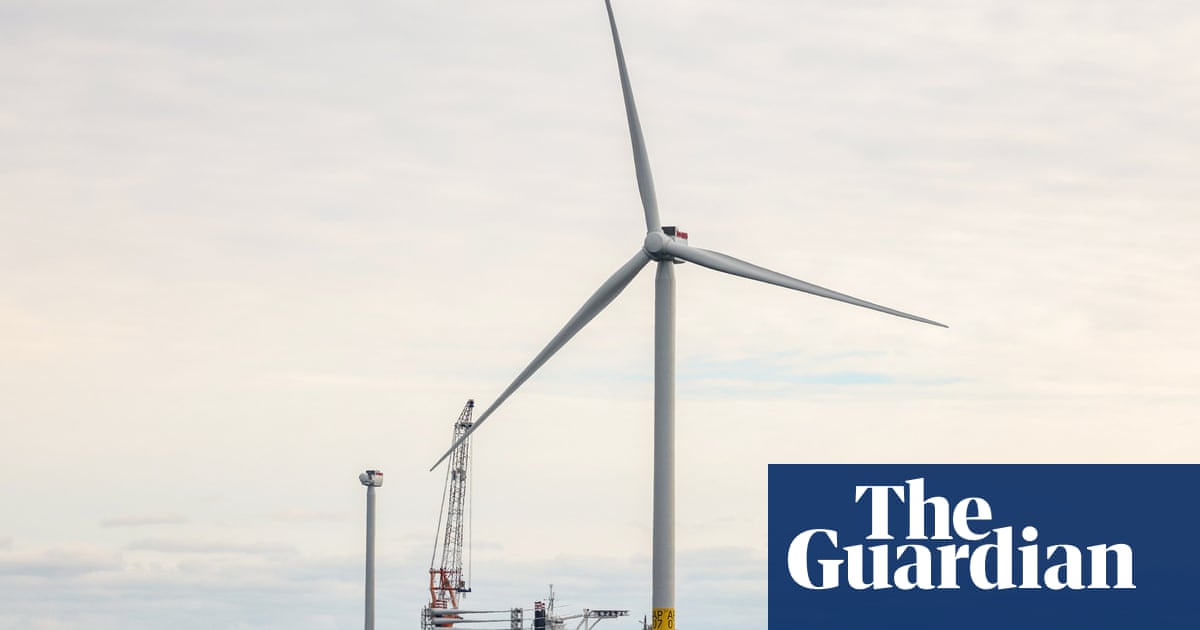The news article presents a significant development concerning the Empire Wind project, which is set to boost clean energy initiatives in New York. The lifting of the stop-work order by the Trump administration marks a notable shift in the political dynamics surrounding the project, reflecting ongoing negotiations between state officials and federal authorities.
Political Context and Implications
The timing of this decision coincides with Trump's broader agenda favoring fossil fuels. The administration's rollback on restrictions could be seen as an attempt to balance environmental concerns with economic growth. This move may also aim to appease both pro-renewable energy advocates and traditional fossil fuel supporters, indicating a nuanced strategy in the face of potential backlash from environmental groups.
Public Perception and Stakeholder Response
New York Governor Kathy Hochul's involvement highlights the importance of local leadership in advocating for clean energy projects. Her favorable remarks about the project suggest an effort to build public support around the narrative of job creation and energy independence. The resumption of the Empire Wind project is likely to foster positive perceptions among environmentalists and those prioritizing economic growth through green energy.
Underlying Concerns and Hidden Agendas
While the announcement seeks to project a commitment to clean energy, the simultaneous revival of a gas pipeline project raises concerns about the administration's true priorities. The juxtaposition of promoting renewable energy while facilitating fossil fuel infrastructure may create skepticism among environmental advocates, suggesting a potential conflict between stated objectives and practical actions.
Comparative Analysis with Other News
When examined alongside other recent energy policy developments, this news reflects a broader trend of fluctuating support for renewable energy amidst political pressures. Similar articles often highlight the tension between local and federal interests, raising questions about the future direction of energy policy in the U.S.
Impact on Communities and Economies
The resumption of the Empire Wind project is expected to create jobs and lower utility costs, which could have beneficial effects on local economies. However, the potential revival of gas pipeline plans may spark protests or opposition from communities concerned about environmental impacts, indicating a complex social landscape.
Target Audience and Support Base
This news likely resonates with environmental advocates, labor unions advocating for job creation, and local businesses eager for economic opportunities. Conversely, it may draw criticism from environmental purists who view the support for gas pipelines as contradictory to clean energy goals.
Market Effects and Economic Significance
In terms of market implications, this announcement could positively influence stocks related to renewable energy companies, particularly those involved in offshore wind projects. Conversely, energy companies focused on fossil fuels might also see fluctuations based on public sentiment and regulatory developments.
Global Power Dynamics and Relevance
While this news is primarily focused on U.S. domestic energy policy, it reflects broader global trends in energy transition and climate commitments. The balancing act of supporting fossil fuels while promoting renewable energy mirrors ongoing debates in other nations, making it relevant in a global context.
AI Involvement in Reporting
It is possible that AI tools influenced the drafting of this news article, especially in structuring the narrative to appeal to diverse audiences. The language used is straightforward and aims to convey the complexities of energy policy while minimizing potential backlash from either side of the debate.
In summary, the article presents a multifaceted view of the Empire Wind project's resumption, highlighting the interplay of politics, public perception, and economic implications. While it promotes a positive narrative around clean energy, underlying tensions regarding fossil fuel infrastructure suggest a more complicated reality. The overall reliability of the article appears strong, given the factual basis of the developments and the clear attribution of statements to involved parties.
